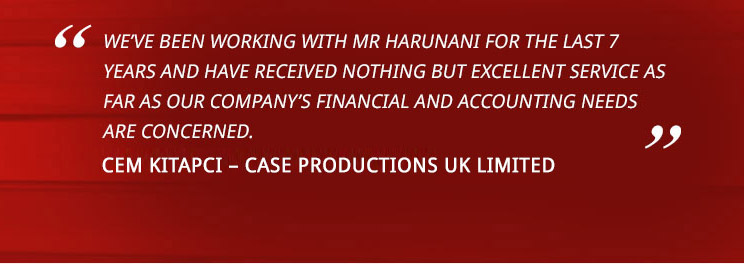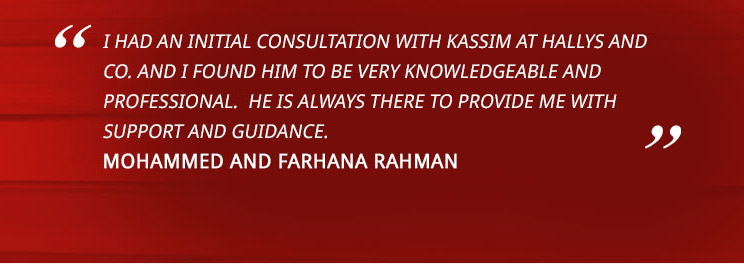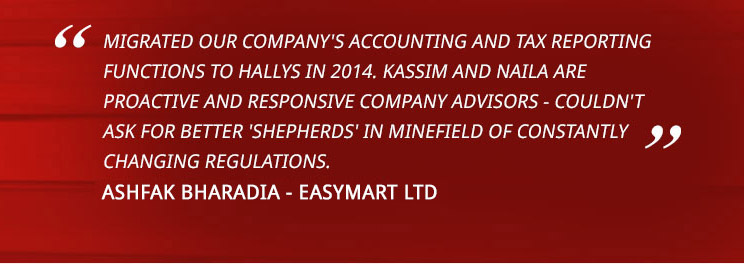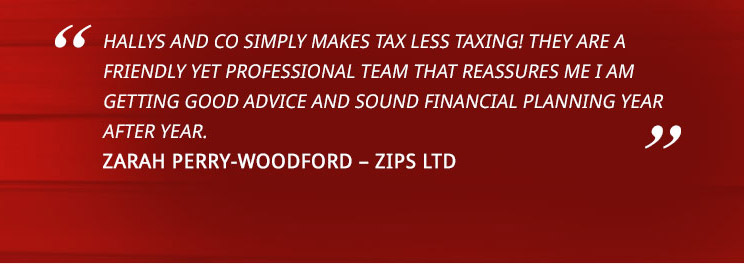If you use your home for business purposes, rent out parts of your home whilst you are still in residence or if you rent out your home while you are resident elsewhere, you may need to consider the tax consequences. This article covers some of the tax issues that you may need to consider:
Use of home for business purposes
If the amount of space you use is limited to say one room, and if there is a duality of use (for example you may have a home office in the corner of a spare bedroom or your office may double as a hobbies room), then you should be able to charge your business a nominal amount to cover the “running costs” of the space occupied. Your claim will need to be restricted on a time basis to disallow the private use proportion.
Claims that fit into this category should cause you no personal tax issues as long as they are based on a realistic apportionment of actual costs and are discounted for private use.
It will also be unlikely that you will suffer any charge to Capital Gains Tax when you sell your home.
Renting a room
From 6 April 2016, you can let out a room or rooms in your house as furnished accommodation (not an office) and as long as the annual rents received do not exceed £7,500 per year (prior to 6 April 2016 the annual limit was £4,250) you will have no Income Tax to pay. If the rent is more than the limit, then only the excess is taxable. The “normal” basis (rents less allowable costs) can be claimed if this produces a better result.
If two persons are entitled to share the rental income, the above annual tax-free limits are halved.
Longer term lets when you are not in residence
If you let out your home, for example if you work abroad for a period of time, you will be subject to Income Tax on your rental profits.
When you subsequently sell your home there may also be Capital Gains Tax considerations. When you sell, a proportion of any gain that relates to the period (or periods) of letting may be taxable.
However, provided the property was your home at some time, you can claim reliefs, including principal private residence relief for the time it was your main residence, plus the last 18 months of ownership. Also, there may be some “lettings relief” relating to periods your home was let as above.
Homeowners’ private residence relief (for CGT purposes) is worth protecting. If you are considering any financial transaction concerning your home that you are concerned may have Income Tax of CGT implications, please call. It is better to sound out professional advice before the event…















